Introduction
A Motor Vehicle Report, often abbreviated as MVR, is a detailed record of a driver’s driving history maintained by a state’s Department of Motor Vehicles (DMV). It provides critical information such as accidents, license status, traffic violations, suspensions, and driving-related convictions.
Whether you are a commercial driver, an employer in the transportation industry, or simply a private driver, understanding MVRs is essential. MVRs are not just about tracking a driver’s history; they are a key element in safety, compliance, and insurance decision-making. Employers use them to evaluate a driver’s suitability for commercial driving roles and to ensure compliance with Department of Transportation (DOT) regulations.
For individuals, obtaining and reviewing your MVR can help you verify accuracy, protect your driving privileges, and resolve discrepancies before they lead to legal or employment complications.
What Does MVR Stand For?
MVR stands for Motor Vehicle Report. It is an official record that reflects a driver’s performance on the road, including traffic violations, DUIs, license suspensions, and other relevant incidents. The report is issued by state DMVs or equivalent motor vehicle agencies.
The term “MVR” is often used interchangeably with “driving record.” Employers, particularly those in industries regulated by the DOT, rely on MVR checks to evaluate driver safety and maintain compliance with federal and state transportation laws. For individuals, understanding what MVR stands for is the first step in managing your driving profile responsibly.
MVRs can also influence insurance premiums, employment eligibility, and even legal matters involving vehicle operation. In essence, your MVR is a snapshot of your driving integrity, used by multiple entities to assess your reliability and compliance with road safety laws.
What Is an MVR Check?
An MVR check is a background screening process used to review an individual’s Motor Vehicle Report. Employers commonly perform MVR checks when hiring drivers or renewing compliance documentation. This process helps identify whether a driver has a clean or problematic driving record.
MVR checks reveal violations such as speeding tickets, reckless driving, DUI convictions, or revoked licenses. For DOT-regulated companies, conducting annual MVR checks for commercial drivers is a mandatory requirement. This ensures that all drivers operating under their authority maintain valid licenses and meet the safety standards required by federal law.
MVR checks can also protect businesses from liability by identifying risky drivers before incidents occur. The results of an MVR check provide valuable insight into a person’s behavior behind the wheel, making it an essential tool for employers, insurers, and regulatory bodies.
Why MVRs Are Important for Employers and Drivers
For employers, especially those managing commercial fleets, MVRs are critical for maintaining safety and regulatory compliance. They allow businesses to identify unsafe drivers early and take corrective action to prevent accidents, fines, and insurance increases.
A clean MVR demonstrates a driver’s responsibility and adherence to safety standards, while a poor MVR could signal potential risks. For drivers, maintaining a good MVR can directly influence job opportunities, insurance costs, and professional credibility. In industries like trucking, logistics, or delivery, employers often monitor MVRs continuously to detect any changes in license status or new violations.
Regular monitoring can also satisfy DOT requirements and reduce administrative burdens by automating compliance updates. In short, MVRs act as a protective measure for both employers and employees, ensuring that only qualified and responsible drivers are on the road.
How to Get Your MVR Report
Obtaining your MVR report is a simple process, though it varies slightly by state. Most state DMVs allow you to request your driving record online, by mail, or in person. To get your report online, visit your state’s official DMV website, fill out the required information, and pay a small fee.
You may need to provide your driver’s license number, date of birth, and sometimes the last digits of your Social Security number. Some states also allow employers to request MVRs directly with driver consent for compliance purposes. You can choose between a certified or non-certified copy of your record, depending on whether you need it for official or personal review.
Checking your MVR regularly ensures all information is accurate and up to date, helping you catch any errors before they affect your employment or driving privileges.
What Information Does an MVR Contain?
An MVR contains comprehensive details about a driver’s history behind the wheel. It typically includes personal information such as the driver’s name, license number, and license class, along with records of moving violations, suspensions, revocations, traffic citations, and accidents. Some reports also display DUI convictions, unpaid fines, and license restrictions.
For commercial drivers, MVRs may include medical certification status and endorsements. Employers often review MVRs to evaluate whether a driver has a consistent record of safe driving. Insurance companies may also use these records to calculate risk levels and determine premium rates.
Because MVRs contain sensitive data, they are regulated by privacy laws such as the Fair Credit Reporting Act (FCRA), which requires employers to obtain driver consent before accessing them. Overall, MVRs offer a transparent look at a driver’s conduct and compliance with traffic regulations.
MVRs and DOT Compliance
For companies regulated by the U.S. Department of Transportation, maintaining and reviewing MVRs is not just a best practice, it’s a legal requirement. The Federal Motor Carrier Safety Administration (FMCSA) mandates that employers pull MVRs for all commercial drivers at least once every 12 months. These reports must be stored in driver qualification files as proof of compliance.
Continuous MVR monitoring programs allow employers to stay informed of any new violations or license status changes in real time. This proactive approach helps reduce the risk of operating with unqualified drivers, preventing costly fines, accidents, and safety rating downgrades.
For DOT compliance, MVRs serve as one of the foundational tools that ensure drivers are fit to operate commercial motor vehicles safely. Regular checks also demonstrate a company’s commitment to safety and operational integrity.
How Long Does Information Stay on Your MVR?
The length of time that information remains on an MVR depends on the type of violation and the laws of each state. Generally, minor traffic violations may stay on record for three to five years, while major offenses such as DUIs or reckless driving can remain for seven to ten years or longer.
Suspensions or revocations may also have extended retention periods. Employers and insurers typically consider the most recent three-year period as the most relevant when evaluating driver risk. However, for commercial drivers, the FMCSA may require a more comprehensive review.
Regularly reviewing your MVR helps ensure that outdated or incorrect information is removed when eligible. If you find any discrepancies, contact your state DMV to dispute or correct errors. Keeping your MVR clean reflects your commitment to safe driving and professional responsibility.
Key Takeaways
- MVR stands for Motor Vehicle Report and records a driver’s full driving history.
- Employers use MVR checks to ensure safety and compliance with DOT regulations.
- You can obtain your MVR report through your state DMV online, by mail, or in person.
- Continuous MVR monitoring helps detect violations or suspensions in real time.
- Maintaining a clean MVR supports job eligibility, lower insurance costs, and professional credibility.
FAQs
MVR stands for Motor Vehicle Report. It is a record maintained by the DMV that lists a driver’s accidents, violations, and license status.
You can request your MVR report from your state DMV online, by mail, or in person. You will need to provide your license details and pay a small fee.
Employers, especially those in transportation or logistics, check MVRs to ensure their drivers maintain valid licenses and comply with safety regulations.
Minor offenses usually stay for three to five years, while major ones like DUIs may remain for seven to ten years, depending on state laws.
It includes license details, driving violations, suspensions, accidents, and sometimes medical certificate status for commercial drivers.
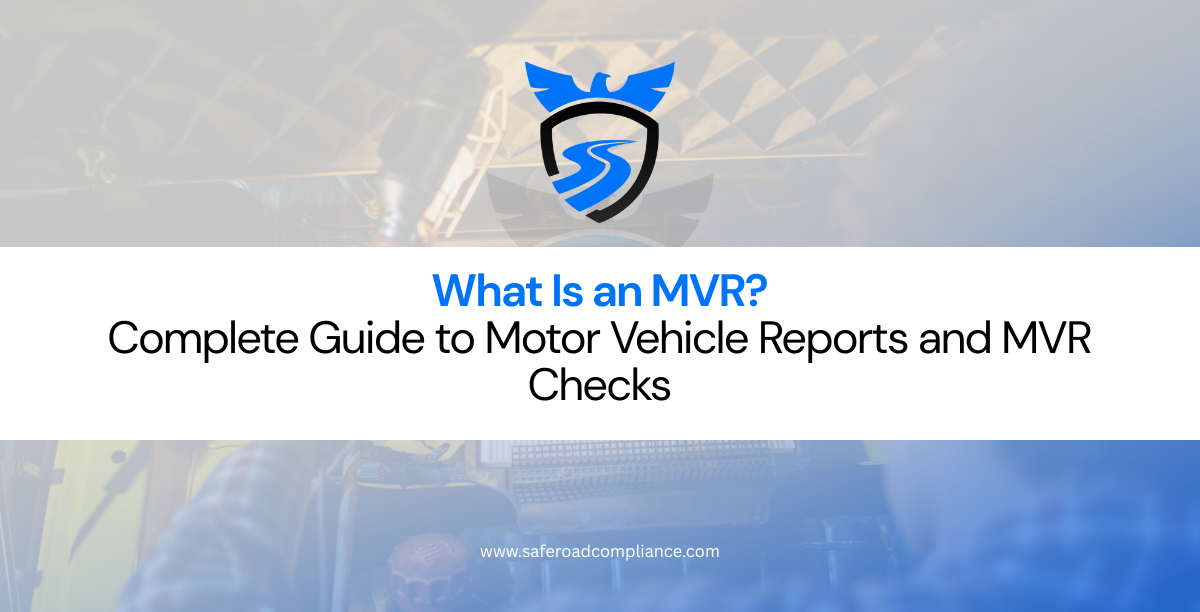
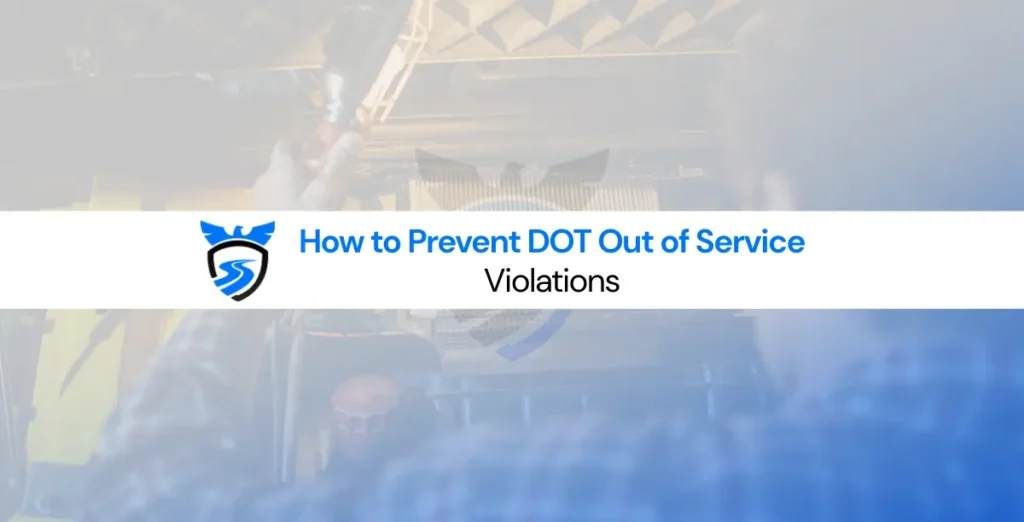
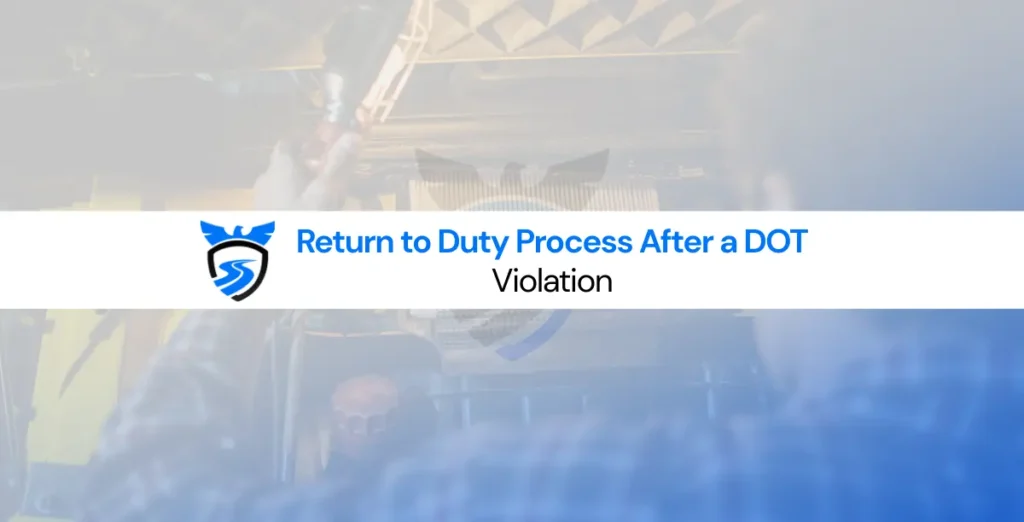
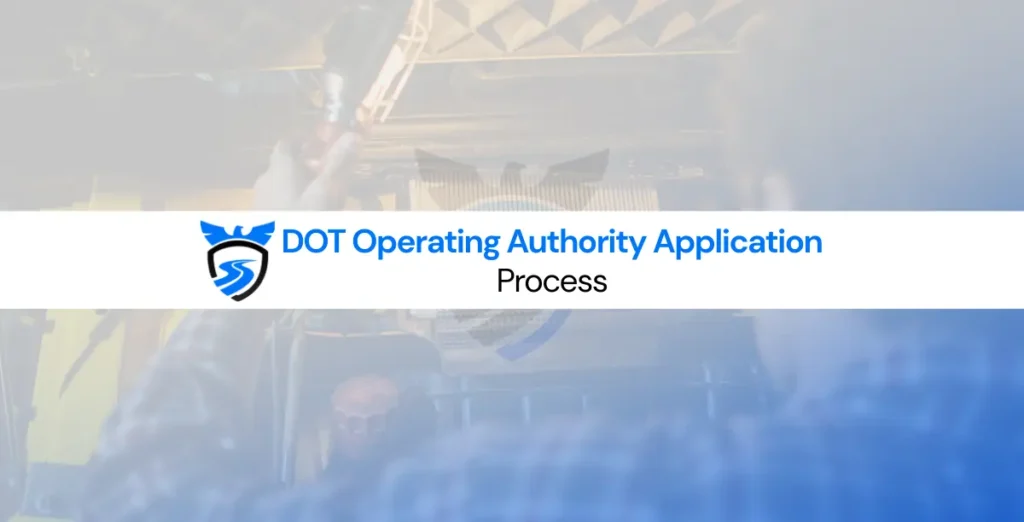
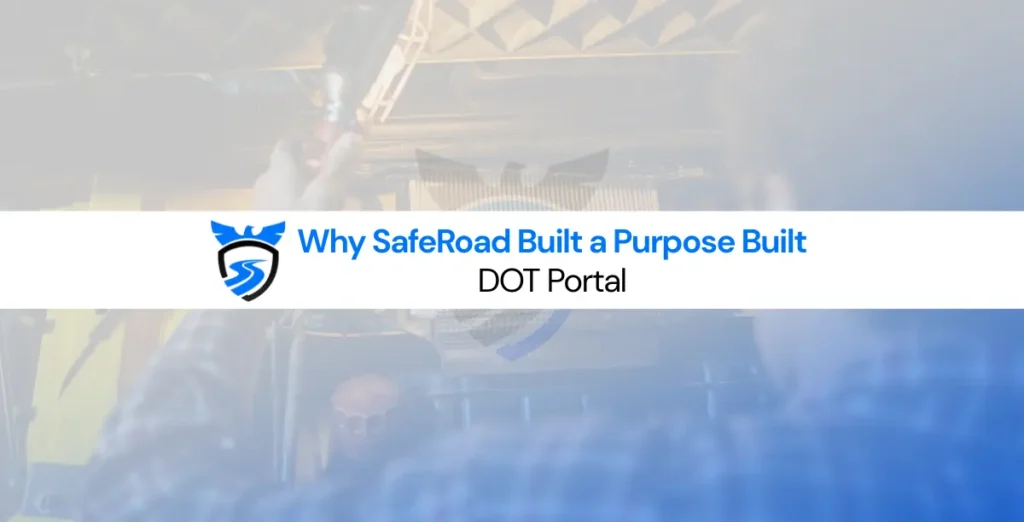
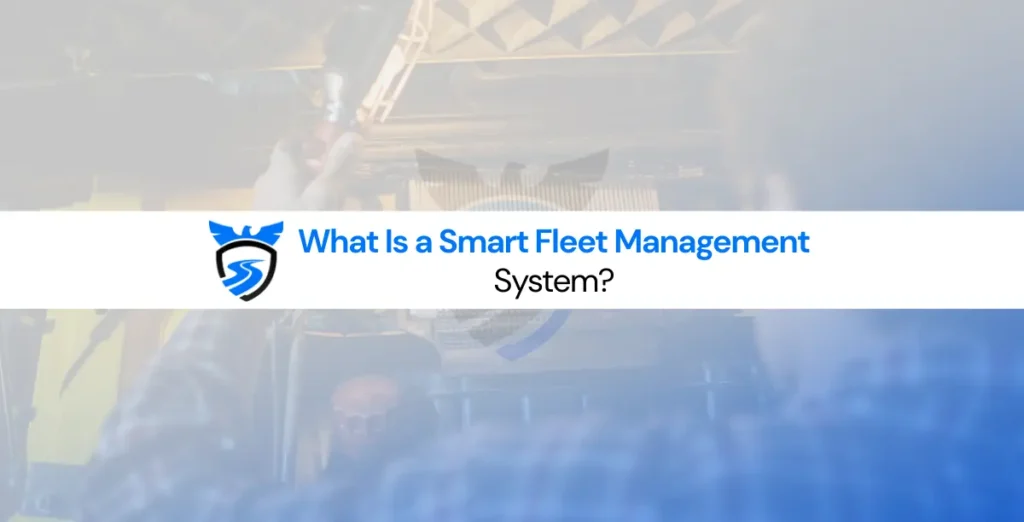
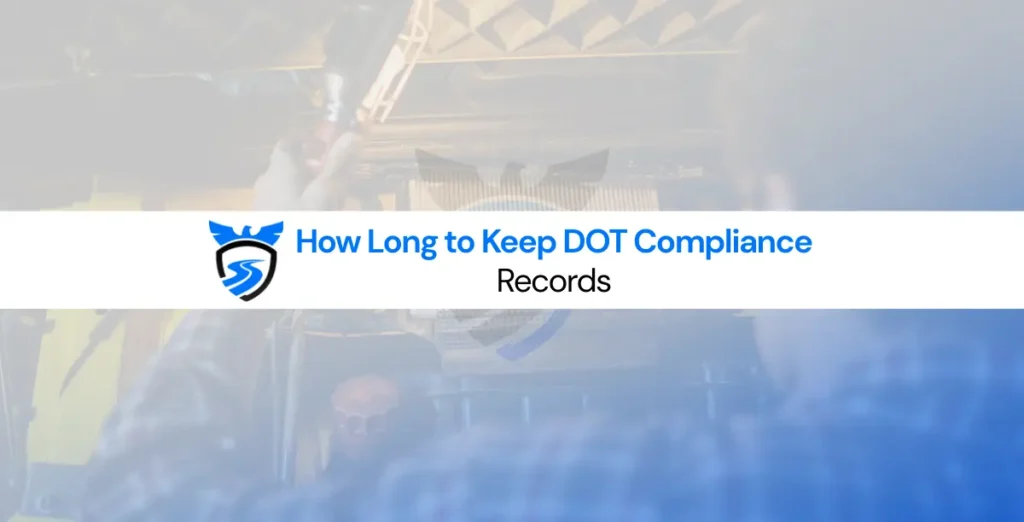
One Response